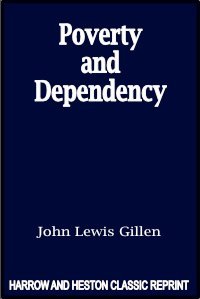Edited by Toine Spapens , Alan Littler and Cyrille Fijnaut
This is the third book to be produced by members of the Gambling Research Group - associated with Tilburg University's Faculty of Law concerning issues closely connected with the debate on the gambling policies that the European Union and its Member States are pursuing. The first book - Alan Littler and Cyrille Fijnaut (eds), "The Regulation of Gambling: European and National Perspectives" (Leiden, Martinus Nijhoff Publishers, 2007) - mainly considers the legal aspects of gambling regulation, at both European Union and Member State level. The second book - Tom Coryn, Cyrille Fijnaut and Alan Littler (eds), "Economic Aspects of Gambling Regulation: EU and US Perspectives" (Leiden, Martinus Nijhoff Publishers, 2008) - looks at research conducted in the United States and the European Union into the costs and benefits involved in the regulation of gambling.The contributions to this third book turn the spotlight on two social problems: crime and addiction, both of which play a significant part in the institutional debate in the European Union concerning whether gambling should be treated as a service that - like other services - should be subject to the laws universally applicable to the internal market. This volume is primarily devoted to the research that has been conducted in several Member States into the problems of gambling-related crime and addiction. It also examines developments at EU level: what policy is the European Commission currently pursuing and what stance does the European Court of Justice take these days. Crime and addiction problems that can arise in the context of online gambling and at possible ways of keeping them under control are also examined.
Leiden; Boston: Martinus Nijhoff, 2008. 269p.







